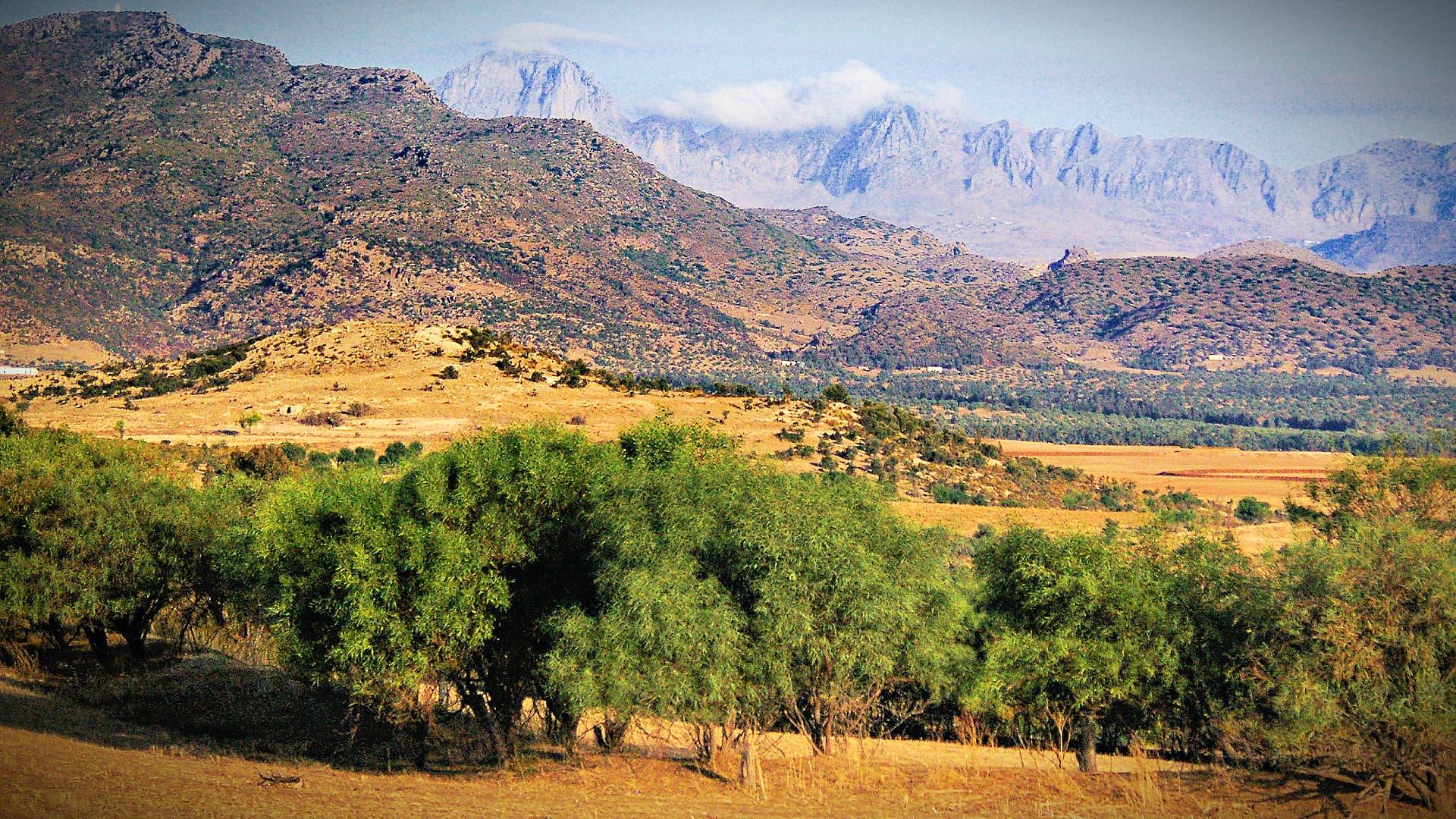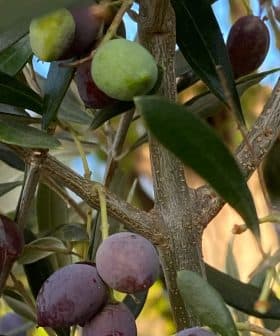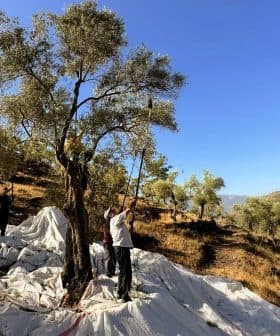Report: Climate Change Will Dramatically Reduce Tunisian Olive Oil Production

A report from Tunisia’s National Observatory for Agriculture predicts that olive oil production in the country could drop by up to 70% by the end of the century due to the effects of climate change, including rising greenhouse gas emissions, potentially leading to a significant decrease in exports and a negative impact on the country’s trade balance. The report also suggests that the areas suitable for olive growing in Tunisia may decrease by an average of 14% under the worst-case scenario by 2100, but the predictions do not account for potential technological advancements in the sector that could help increase yields and mitigate some of the negative effects of climate change on olive production.
Olive oil production in Tunisia may fall by 70 percent compared to the 1981 to 2010 average by the end of the century, a report from the country’s National Observatory for Agriculture found.
Agricultural officials in Tunisia worry that the unmitigated effects of climate change, including rapidly rising greenhouse gas emissions, could bring the annual average production down to 61,000 tons.
By comparison, Tunisia produced 240,000 tons of olive oil in the 2021/22 crop year, seven percent below the rolling five-year average.
See Also:EBRD Provides New Funds for Olive Growing and Irrigation Projects in TunisiaHowever, the report also found that annual production may fall to just 149,000 tons each year in a scenario where appropriate climate policy allowed CO2 concentrations to remain at a lower level.
The officials wrote annual olive production was likely to be negatively affected by biennial mild winters in all regions of the country. They warned that trees were unlikely to receive the necessary 300 to 600 chill hours to enable vernalization.
A significant increase in heatwave days in southern and western Tunisia is also predicted to lower olive production and force new olive groves to be planted farther north. Although, the officials also predicted that the north and center-east of the country would also face frequent water deficits.
“Indeed, by 2100, the areas suitable for olive growing would decrease by an average of 14 percent for the RCP8.5 [worst case] scenario and by an average of five percent for the RCP4.5 [best case] scenario,” the officials wrote.
However, the officials acknowledged that their predictions do not take into account the technological development that may take place in the sector or the ability of olive growers to use new production methods allowing them to increase their yields.
Despite the tempered optimism offered by the report, the officials warned that Tunisia’s olive oil exports are likely to decrease significantly, which would upset the country’s trade balance
According to the Observatory of Economic Complexity, Tunisia exported $502 million (€459 million) of olive oil in 2019, the last year for which data are available. Olive oil exports represented slightly more than three percent of the country’s exports that year. Olive oil remains Tunisia’s leading agricultural export.









